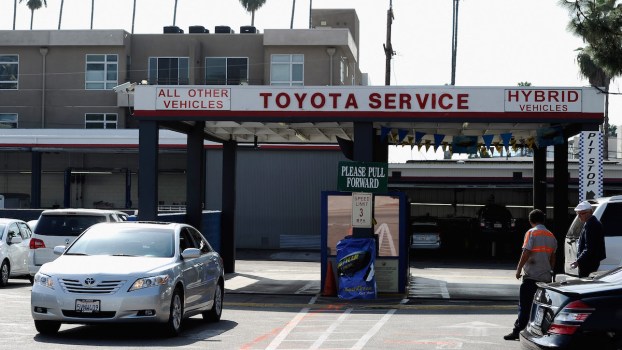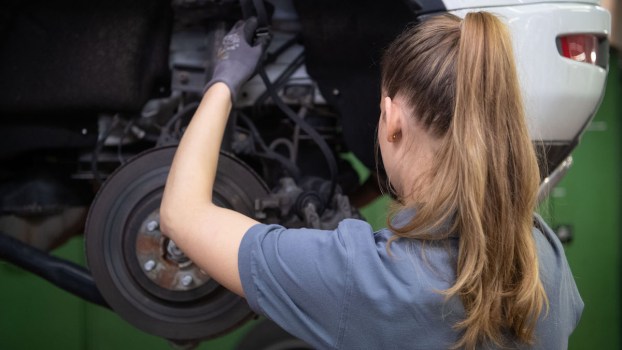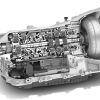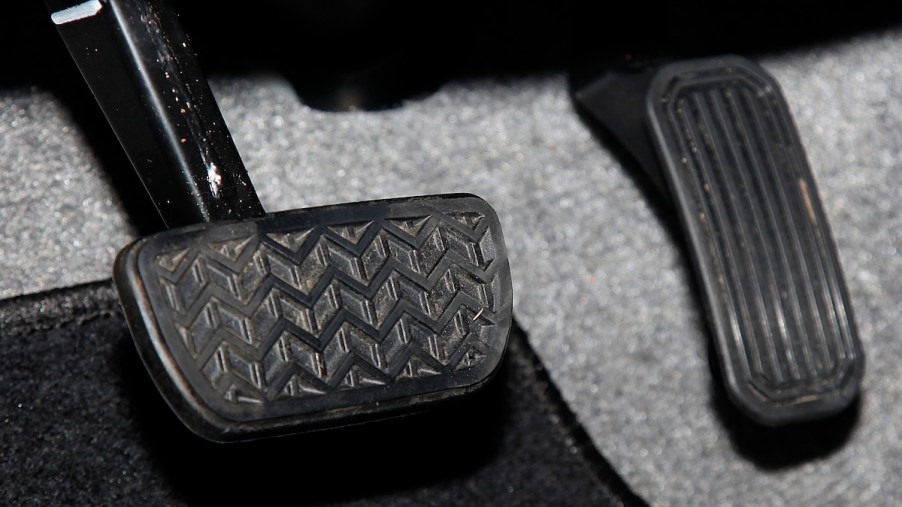
Why Is Bleeding Your Brakes an Important Part of Car Ownership?
When you become a car owner, there are specific maintenance tasks you’ll want to be sure you do. Otherwise, your mistakes could cost you a ton of money. One area we’ll explore here is the task of bleeding your brakes. Why is it so important, and how do you do it?
Protect your investment with regular maintenance
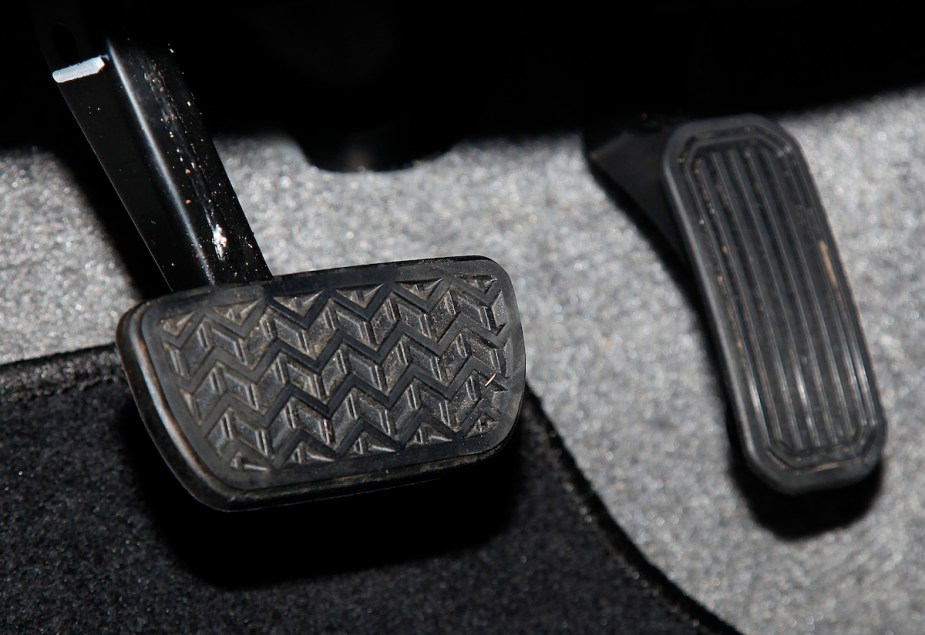
Purchasing a vehicle is an investment for your household. Like any investment, you will want to make sure it sticks around for as long as possible so it doesn’t cost you more in the long run. You will need regular maintenance to keep your car running as strongly as possible.
That means you will want to stay on top of all recommended fluid changes, perform tire rotations as needed, and replace your brake components whenever necessary. If not, your vehicle has a high chance of breaking down, causing you to pay hefty repair bills you’re not quite prepared for.
Bleeding your brakes is one car maintenance task not many think to do, or they rely on mechanics to perform them without owners checking to ensure it’s been done.
Why bleeding your brakes is an important part of car ownership
Imagine driving your car and needing to come to a stop, so you press the brake pedal, but there isn’t much resistance, or the brakes feel spongy. If that happens, air has likely gotten into the brake lines, preventing them from performing as they should. Without prime stopping power, you run the risk of having an accident.
According to RepairPal, bleeding should be done to expel any air found inside anytime parts from your brake system have been worked on. Replacing calipers, brake hoses, and even the master cylinder will expose the brakes to air, decreasing their efficiency when you need them the most.
Flushing the brake fluid, as recommended by the vehicle’s manufacturer, is also essential. However, not every automaker has a specific schedule for when it should be done. Some will recommend a fluid inspection, which is better than nothing. While professional mechanics usually do brake bleeding, you can perform it at home if you feel comfortable doing so.
How you can bleed your brakes at home
The first thing you’ll need to do is gather up all the items necessary to do the job. You’ll need the right brake fluid for your vehicle, a brake bleeder wrench, a small rubber hose to fit over the bleeders, rags, gloves, safety glasses, a clear container, and someone to help you.
Jack up the car and remove the wheel to expose the brake you’re working on. Locate all your brake bleeder screws, usually found on top of most calipers, but not always. Start loosening the bleeder screws, using a spray lubricant, if necessary, to loosen up any rusted tight. Make sure your brake fluid reservoir is full.
Have your assistant sit behind the car’s wheel that’s turned off. Make sure you can hear them because communication will be essential. Take the rubber hose, place it on top of the first bleeder screw, and let the other end dangle into the clear container under approximately half an inch of brake fluid. Before opening the bleeder, have your assistant pump the brake a few times and then push the pedal down, holding it into place.
Have your assistant verbally tell you that they’re holding the pedal down. Once they’ve done that, you can open the bleeder. You’ll notice some brake fluid coming into the container, possibly along with some air bubbles. You’re assistant should let you know when they feel the pedal go to the floor. Once that happens, you will immediately close the bleeder so the helper can let go of the pedal.
Top off the brake fluid again and prepare for the next bleeder screw. Repeat all the steps until you’ve done all four brakes, ensuring the brake fluid is topped off when you’re done. Be sure to close the bleeder screws when required, as you could introduce way more air in the lines than you began with. If this happens, you’ll need to start over.
Having air in your brake system will decrease your braking power, increasing your chances of having an accident. Periodically bleed your brakes to remove any air in the lines, so you can stop as efficiently as necessary when you press down on the brake pedal.

